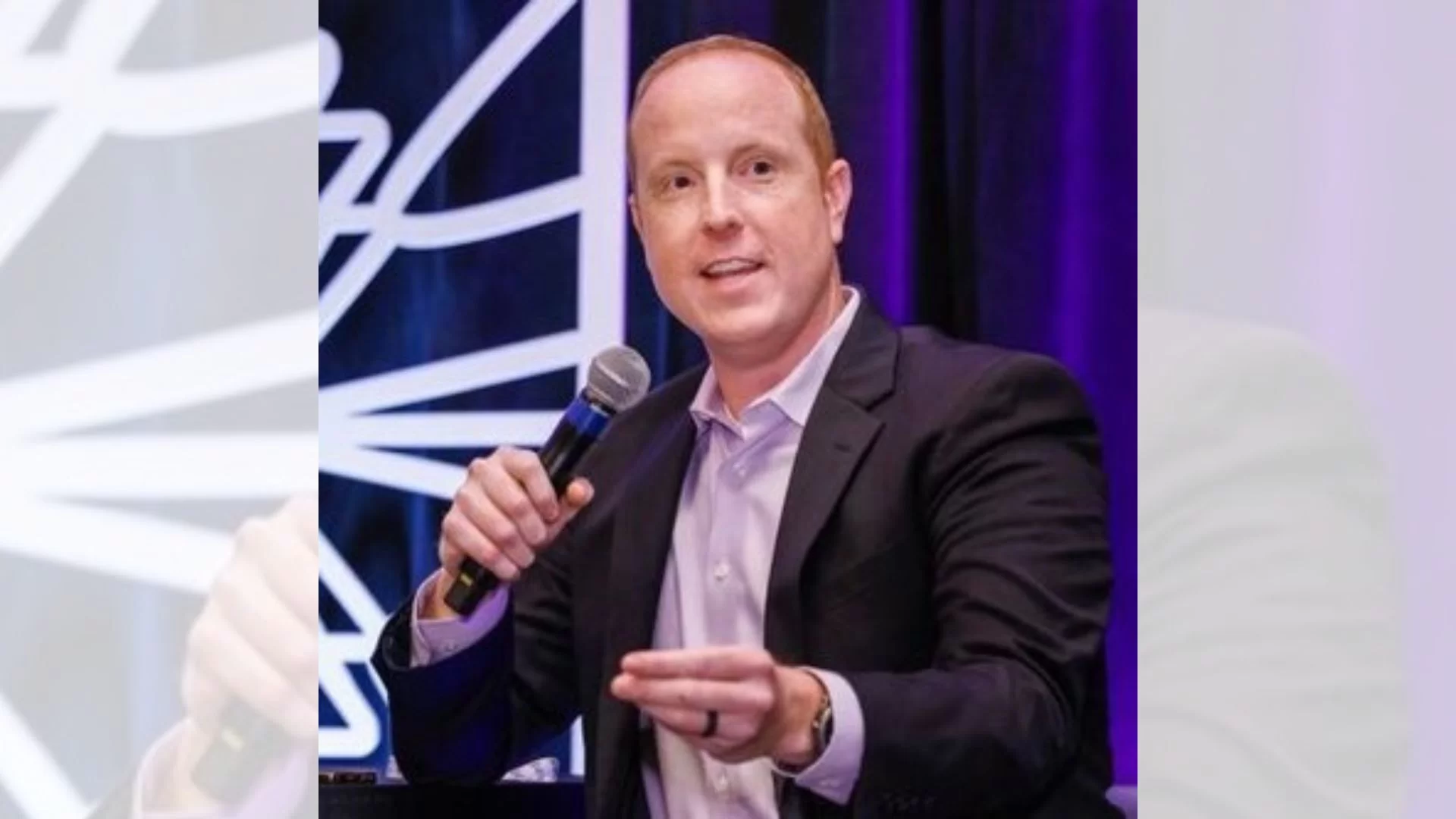HIGHLIGHTS FROM OUR INTERVIEW WITH VANCE GINN
Q: Lone Star Standard
Are you worried about the national debt?
A: Vance Ginn
I am worried about the economy. We have been on a sugar high for a long time with spending in Congress and running up the national debt to more than $34 trillion. That is $280,000 that every taxpayer owes today. It is 130% of GDP. The debt is the biggest national crisis that we have going on and if we don’t get our fiscal house in order, we aren’t going to be able to fund national defense, Social Security, or Medicare.
I think we really need to focus on the debt because it is having a lot of ripple effects for our interest rates and for inflation. What causes this is the Federal Reserve, our central bank, they go and buy a lot of debt from the Treasury, add it to their balance sheet and then they print money and that puts more money into circulation. If the growth of the economy is not keeping up with the growth of the money supply, then we have too much money chasing too few goods. This is the classical definition of inflation.
Q: Lone Star Standard
Do you think Texas will fare better economically than the rest of the country?
A: Vance Ginn
Yes, I think so. That’s what we saw during the Great Recession. Texas did a lot better than the rest of the country. Even during the pandemic and what I call the “lockdown recession,” Texas did better coming out of that as well.
There are a couple reasons as to why. First, a big part of it is what’s called the “Texas Model,” where there is no personal income tax. We are one of only seven states in the country to not have a personal income tax. That allows us to be more competitive than a lot of the other states that do have personal income taxes. Some of those states, like California, are going the opposite direction, and they just raised their top marginal tax rate to 14.4%. That’s why some people are fleeing from California and coming to places like Texas.
We also have relatively low government spending. Historically, the legislature has done a better job of limiting government spending to no more than population growth plus inflation, which is a good measure of the average taxpayers ability to pay for additional government spending. Texas has been doing a pretty good job of that.
And finally, there is a sensible regulatory climate in Texas. By having that sort of institutional framework of limited government, that allows us to be much more prosperous and overcome some of the obstacles, like recessions, that happen in the broader economy.
Q: Lone Star Standard
How much of the recent economic and jobs growth has been government jobs?
A: Vance Ginn
When economists refer to government jobs being unproductive, what we mean is there are no products being created. There’s no market value added to the economy for government jobs. Of course, government jobs need to exist. I think there are too many. There are certain things in our Constitution, at the federal and state level, that are roles for government that have been set forth. The government is there to serve the productive private sector.
And, I served in the government. I was the Chief Economist for the Office of Management and Budget in the Trump White House from June 2019 to May 2020. So, I was receiving taxpayer funds and I understood where that money was coming from. But I don’t know that I was productive in the economy. We did things that needed to be done, trying to do as much as possible to do good for Americans just like state workers in Texas try to do for Texans. But that work doesn’t create productivity or value directly into the economy.
If we look at the data from December, there were 216,000 new jobs that were reported. And, we think that is a strong economy. That is great. But then when you subtract out the 55,000 jobs from the government sector and the 71,000 jobs that were revised downward over the previous two months, you were only left with 95,000 new productive jobs in the private sector. And that is not a strong economy. If we look honestly at the unemployment rate and include the people who dropped out of the labor force after or during the pandemic, the unemployment rate is closer to 6 or 6.5 percent, not the reported 3.7%. So, we really have to look underneath the hood to see where these actual numbers are. That’s what I try to do.
Vance Ginn, Ph.D., is the founder and president of Ginn Economic Consulting and host of his Let People Prosper Show podcast. He is a senior fellow at American Institute for Economic Research, chief economist at Pelican Institute for Public Policy, and a contributor at many other free-market think tanks across the country. In these roles, he provides high-quality research and trusted insights on how to improve human flourishing with policy considerations at federal, state, and local levels.
This interview transcript has been edited for length and clarity.
Listen to the full discussion here: https://texas-talks.simplecast.com/episodes/ep-3-vance-ginn





